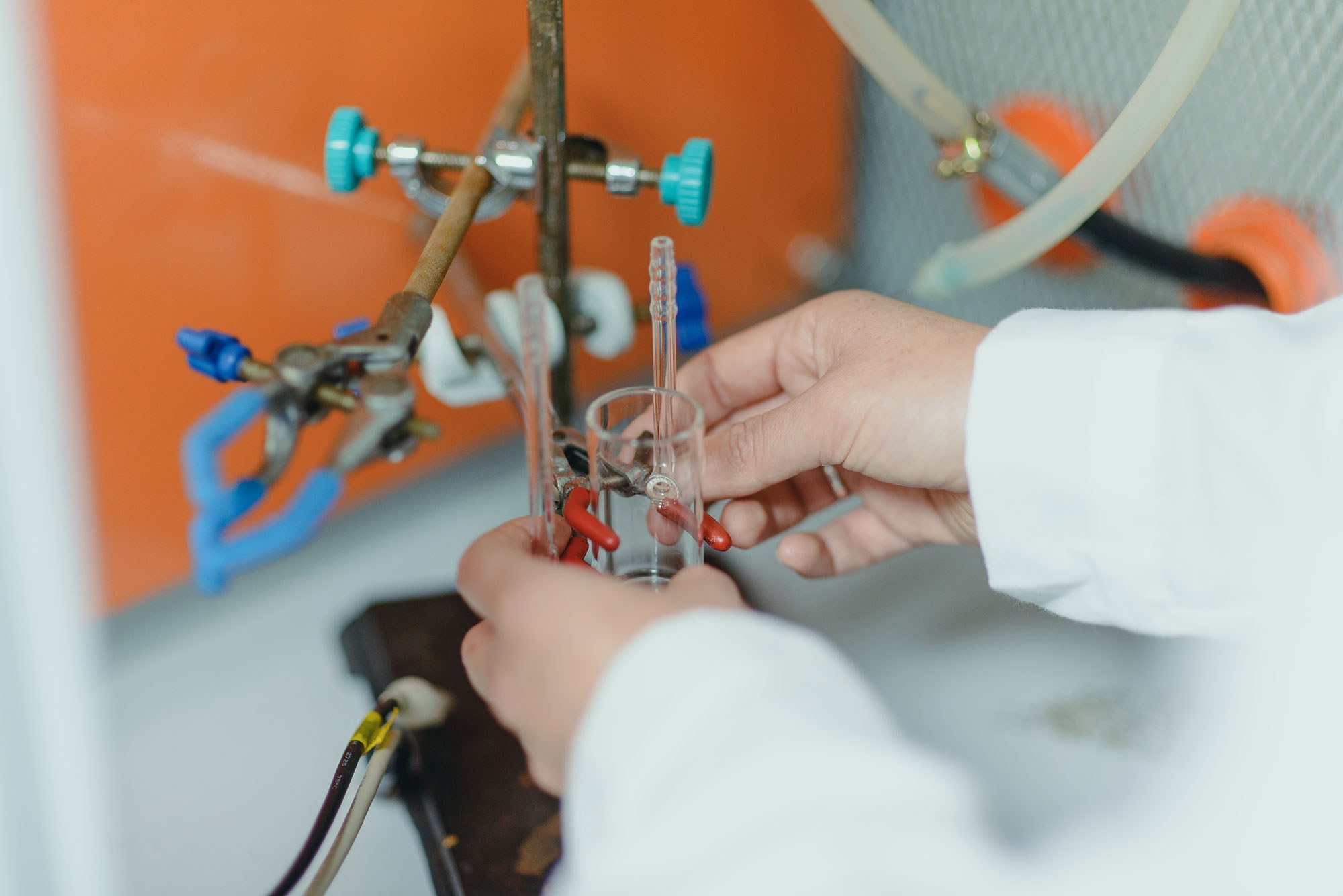Fernandez, A. G., Pineda, F., Fuentealba, E., Jullian, D., Mallco, A., & Walczak, M. (2022). Compatibility of alumina forming alloys with LiNO3-containing molten salts for solar thermal plants. Journal of Energy Storage, 48, 103988. https://doi.org/10.1016/j.est.2022.103988
Abstract: The next generation of solar thermal plants will increase the operating temperatures; thus, new structural materials with better performance than the currently used should be required. Alumina forming alloys (AFA) are an alternative since they have been reported as highly resistant to corrosive environments, including molten salts. In this study, two AFA (OC4 and HR224) were exposed to a ternary lithium-containing nitrate molten salt mixture (57 wt.% KNO3–30 wt.% LiNO3–13 wt.% NaNO3) at 550 °C for 1000 h to determine their corrosion compatibility through gravimetric and complementary techniques. The mass gain results revealed a good performance of both alloys, allowing them to be recommended for use in solar thermal plants. However, HR224 showed lower weight change attributed to a thin layer of non-porous and continuous corrosion products composed of nickel oxide and aluminum-nickel spinel, which act as protective compounds. On the contrary, OC4 showed a thick multi-layer structure of highly porous, rough, and irregular corrosion products composed mainly of iron oxides and spinels.
Fabiola Pineda
fabiola.pineda@umayor.cl


